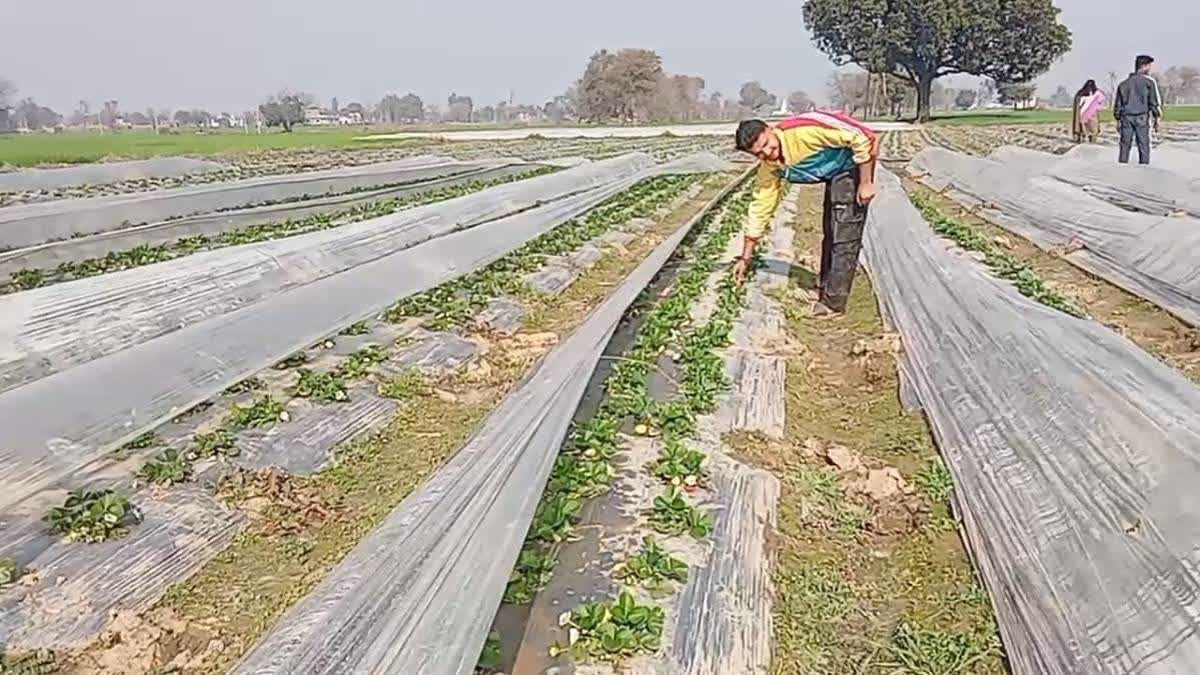It was heart-warming to see that Finance Minister Nirmala Sitaraman placed 'agriculture as the first engine of growth' in the Union budget. Indian agriculture has been battling with many systemic issues from rural debt to falling incomes, so it was good to see that agriculture got the first place in the minister's speech.
During the speech, the government's intention and agrarian plan for 2025-2026 became more clear. The FM introduced some new programs and also gave additional financial support to previous programs. Overall proceeding as per the government’s vision. First on the list of new program was the Prime Minister Dhan-Dhaanya Krishi Yojana which plans to focus on 100 districts with the lowest productivity, moderate crop intensity and low credit parameters.
What this means is that the government will focus on the areas which are still not aligned with the Green Revolution technology. Usually, remote areas have lower produce and use less rural credit. This would also include rain-fed areas where although green revolution technology is present but due to environmental or water issues cannot harness the full potential of the farms. The government wants to enhance agricultural productivity through a missed combination of increasing irrigation, facilitate availability of long-term and short-term credit, meanwhile promoting sustainable agricultural practices. Through this, our government plans to reach 1.7 crore farmers.
The second major development theme in agriculture proposed by the FM was 'building rural prosperity and resilience'. Under this theme, the FM stressed that "migration in the country should become an option, but not a necessity." For this development theme, the government has proposed a multi-pronged approach empowering the rural sector through skilling, investments, bring newer global technologies in agriculture to the farmers' fields. In phase one 100 districts will be covered in this scheme. The finances will be created with the help of multilateral banks to improve the farming economy.
The government also keeping note of the new food trends has decided to create a Makhana Board in Bihar. This new body will help improve production, processing, value addition and marketing of makhana. There is a special call for organising producers under the FPO banner and once organised the government hopes to provide training and marketing support for the producers.
Another major announcement comes in terms of increasing the credit limits for Kisan Credit cards(KCC). Under the modified interest subvention scheme farmers, fishermen and dairy farmers can take a loan of 5 lakhs through their KCCs. This increase may be done to help farmers get out of debt, by giving them additional credit lines. Erratic weather has been eating into farmers' profits and an additional two lakhs may help them sow and grow another season, providing them another chance to escape debt. This seems to be the intention of the government.
